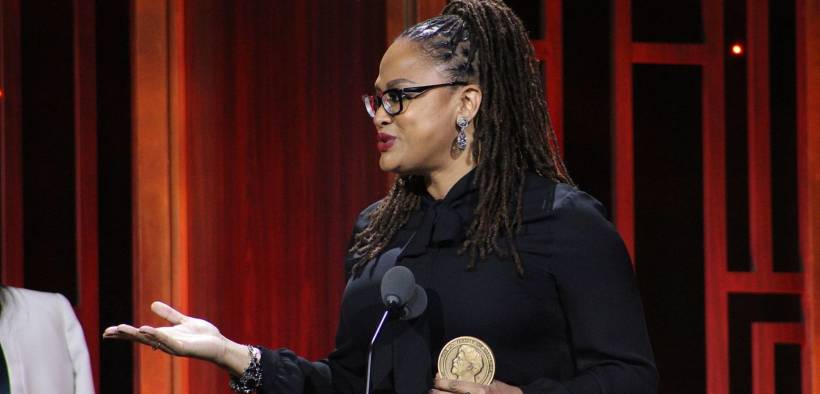Are the Oscars Enforcing a Diversity Requirement Now?

“The need to address this issue is urgent. To that end, we will amend — and continue to examine — our rules and procedures to ensure that all voices are heard and celebrated.”
As the debate on diversity and equality intensifies in the U.S., the Academy of Motion Picture Arts and Sciences is taking note — by imposing new measures and practices, including an upcoming diversity requirement.
In the past five years, the Academy was already under fire for its lack of diversity in nominees and winners. The hashtag #OscarsSoWhite trended every year, even as the Academy had made some strides: inviting more people of color as part of their voting bloc, as well as handing major awards to films such as Green Book and last year’s Parasite, both featuring people of color.
Recently, they also had a historic election that resulted in a record number of women and people of color — such as Oscar winner Whoopi Goldberg and Oscar-nominated filmmaker Ava DuVernay — being elected to the Academy’s board of governors.
“The need to address this issue is urgent. To that end, we will amend — and continue to examine — our rules and procedures to ensure that all voices are heard and celebrated,” Academy CEO Dawn Hudson said in a statement on Friday.
What are the changes to come? The Academy confirmed that they will have a set number of 10 films nominated for Best Picture each year, rather than a fluctuating number. This is ostensibly to ensure a wider range of films being represented.
Perhaps most notably — in collaboration with the Producers Guild of America (PGA), the Academy will also create a task force of industry leaders to develop and implement new representation and inclusion standards for Oscars eligibility by July 31, 2020. The details for this requirement have not been disclosed yet. It also won’t affect films for the 2020 calendar year that will contend for the upcoming 93rd Academy Awards®.
The Academy’s Board of Governors is also limiting its previous rules for serving terms: lifetime maximum terms will now be diminished to smaller ones like twelve-year maximum terms and longer hiatuses. This is to ensure higher turnaround and more diversity in its constituents.
Lastly, the Academy will host a series of panels called “Academy Dialogue: It Starts with Us” for members and the public, with conversations about race, ethnicity, history, opportunity, and the art of filmmaking. Conversations will also touch on the systemic changes that need to occur in areas such as casting, screenwriting, producing, directing, financing and greenlighting of movies in order to afford opportunities to women and people of color.
The Black Lives Matter movement has resurfaced more intensely than ever after the death of George Floyd last month, sparking a national debate on equality that nearly every industry is conscious of, including entertainment. Last week, the Grammys changed the name of the controversial “Best Urban Contemporary Album” to “Best Progressive R&B Album.” Several films and TV shows have also been cancelled or altered to avoid accusations of racism or inequality.
The Academy deserves some praise for making efforts to be more inclusive or at least being more aware of its lack of diversity — but of course naysayers may accuse them of pandering to social politics rather than focusing on the true merit of art. This isn’t new, however: most awards shows are plagued by dubious assessments on whether they award the best art or the most popular, for example. No awards show is untainted by some level of politics. At the end of the day, many fans don’t associate quality with the amount of awards their favorite artists win anyway. The merit of awards shows themselves is often reduced to the fact that they simply draw more attention to certain artists, which can result in more commercial gain, if nothing else.
The 93rd Academy Awards will air on ABC on February 28, 2021.







